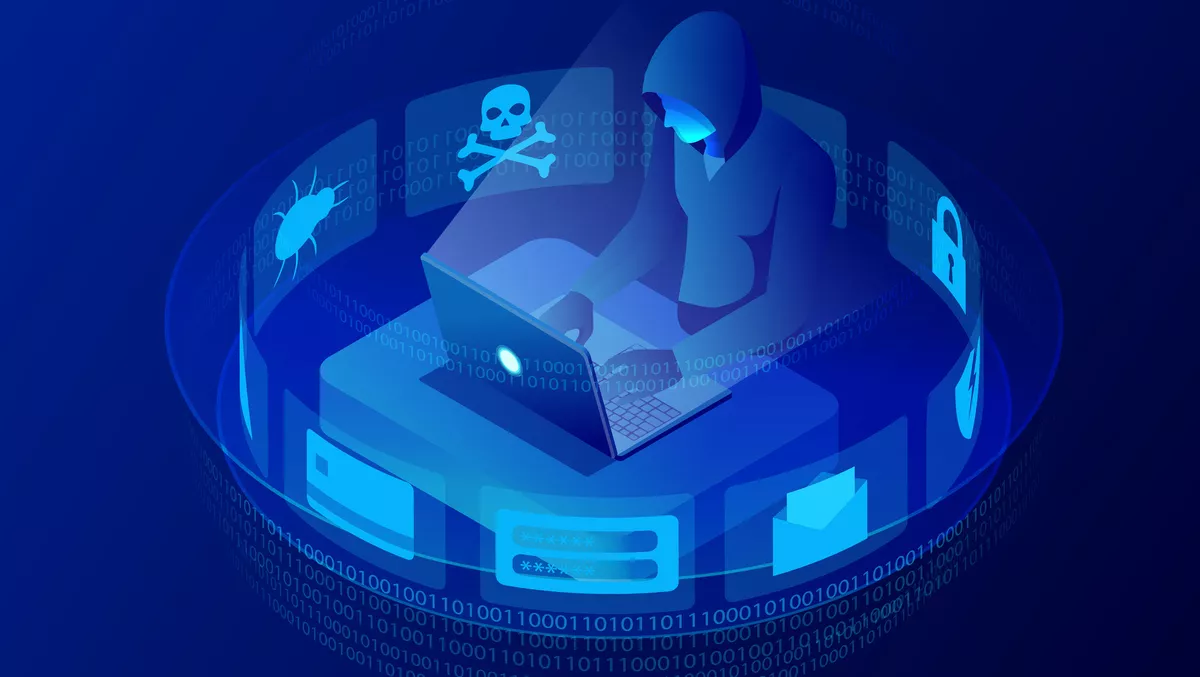
DHL tops list of companies most impersonated by criminals
Cybercriminals often impersonate brands to gain valuable data, and new research by Check Point Software has found DHL to be the brand most frequently imitated by cybercriminals.
The data, collated in the 2021 Q4 Brand Phishing Report, tracked examples and reports of instances where criminals had scammed consumers under the guise of providing official-looking information from a well-known company.
DHL was reported to be related to 23% of all phishing attacks globally when tracking data over the October to December period.
They take the spot formerly occupied by Microsoft, which came in with 20% of impersonation cyberattacks.
The reason for the change is believed to be due to threat actors taking advantage of vulnerable online consumers during the extremely busy retail period around the time.
Social media was also prominent in the impersonation statistics, albeit with some surprising results. Facebook is no longer in the top ten brands most likely to be imitated. WhatsApp has moved from 6th position to 3rd, now accounting for 11% of all phishing attempts and LinkedIn has moved from 8th position to 5th, now accounting for 8% of all phishing-related attacks.
The statistics show that consumer-based brands such as Apple and Paypal have seen a decline in impersonations as companies start to bolster security systems making it harder for scammers to create legitimate-looking fake content.
Check Point Software data research group manager Omer Dembinsky says that criminals look for opportunities by finding gaps in knowledge and security. He says they use a variety of malware and scamming techniques to gain valuable customer information.
"It's important to remember that cybercriminals are opportunists first and foremost. In their attempts to steal peoples' personal data or deploy malware onto a user's machine, criminal groups will often take advantage of consumer trends by imitating popular brands.
Dembinksy also says that changes in online shopping habits have prompted a shift in targets, with different opportunities available for scammers.
"This quarter, for the first time, we've seen global logistics company DHL top the rankings as the most likely brand to be imitated, presumably to capitalise on the soaring number of new and potentially vulnerable online shoppers during the year's busiest retail period.
"Older users in particular, who are less likely to be as technologically savvy as younger generations, will be shopping online for the first time and might not know what to look for when it comes to things like delivery confirmation emails or tracking updates," he says.
Check Point encourages users to be cautious when sharing personal data and credentials to business applications or websites and to think twice before opening email attachments or links, especially emails that claim to be from companies such as DHL, Microsoft or Whastapp, as they are the most likely to be impersonated.


